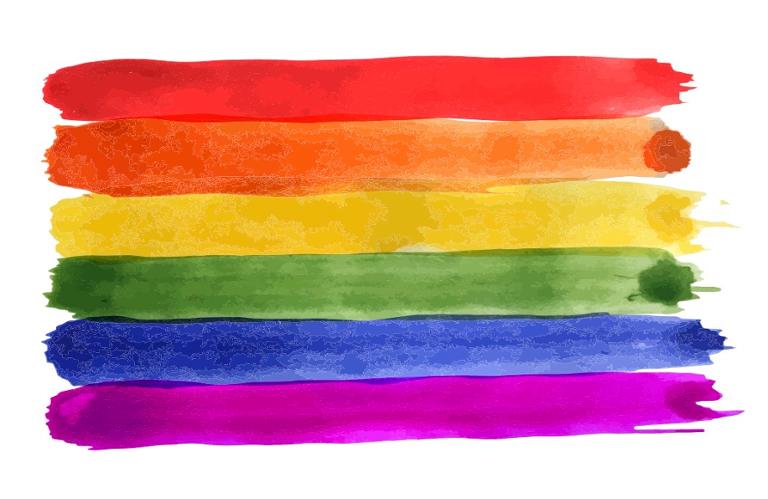For those in the Black Lesbian, Gay, Bisexual, Transgender, Queer, Intersex and Asexual (LGBTQIA+) community, finding safe and inclusive places can quickly become a complex proposition. To make that journey a little easier, Out in Tech and the National Black Justice Coalition have created a crowdsourced web app, the Lavender Book, that lists those spaces.
“To help us understand the need for the Lavender Book, [David Johns, executive director of the National Black Justice Coalition] used the example of a Black trans woman who has to expend an enormous amount of energy to find a hair stylist who will treat them with respect and provide great service,” Alex Kostura, co-project lead on the project, told Out in Tech. “This level of effort and consideration is something many of us take for granted. I hope that with the Lavender Book we’ve created a tool that can help the Black LGBTQ+/SGL community spend less of that energy finding safe spaces, and as a second order effect, help business owners be more aware of how to create inclusive environments for all.”
The project took nine months to implement, with team members meeting via Slack and virtual meeting tools. The app’s initial wireframes and beta version depended on voluminous user research; more research will help the team create version 2.0 of the app. In the meantime, the app’s initial release has attracted a good deal of media attention.
“I have found myself traveling to cities where I’m not exactly sure will I be welcomed in certain establishments,” Peter Redmond, Out in Tech’s New York City chapter head, wrote in a statement, “so I’ve definitely had to lean on services like this in the past, so to have the Lavender Book now join all of these other services out there, I think it’s only going to just create a better experience for anybody that’s looking for services where they know they won’t be discriminated against.”
In the meantime, bias and discrimination against the LGBTQIA+ community remains a persistent problem. While many in tech have been working in various ways to tackle these issues, there’s still quite a long way to go.



